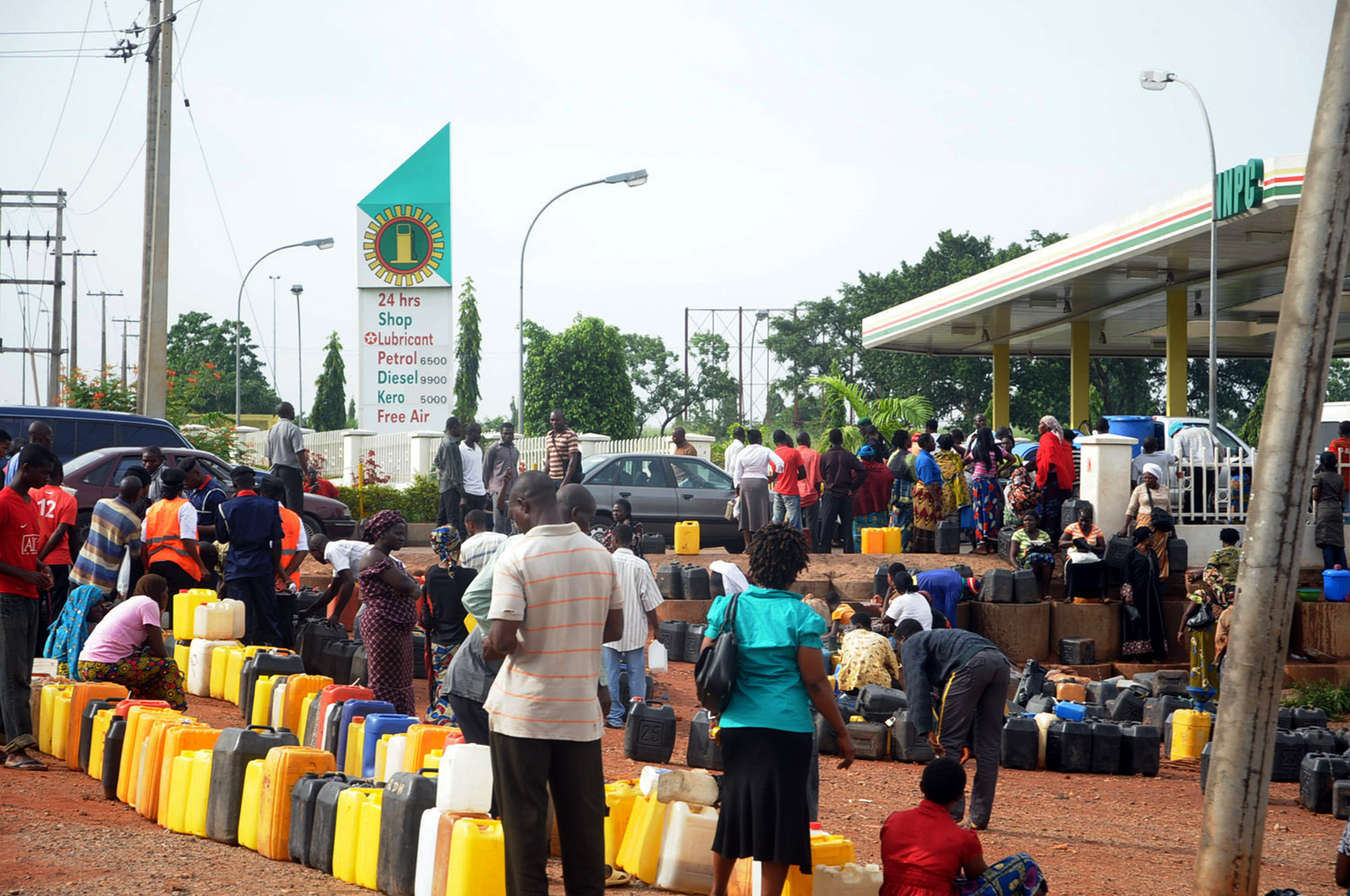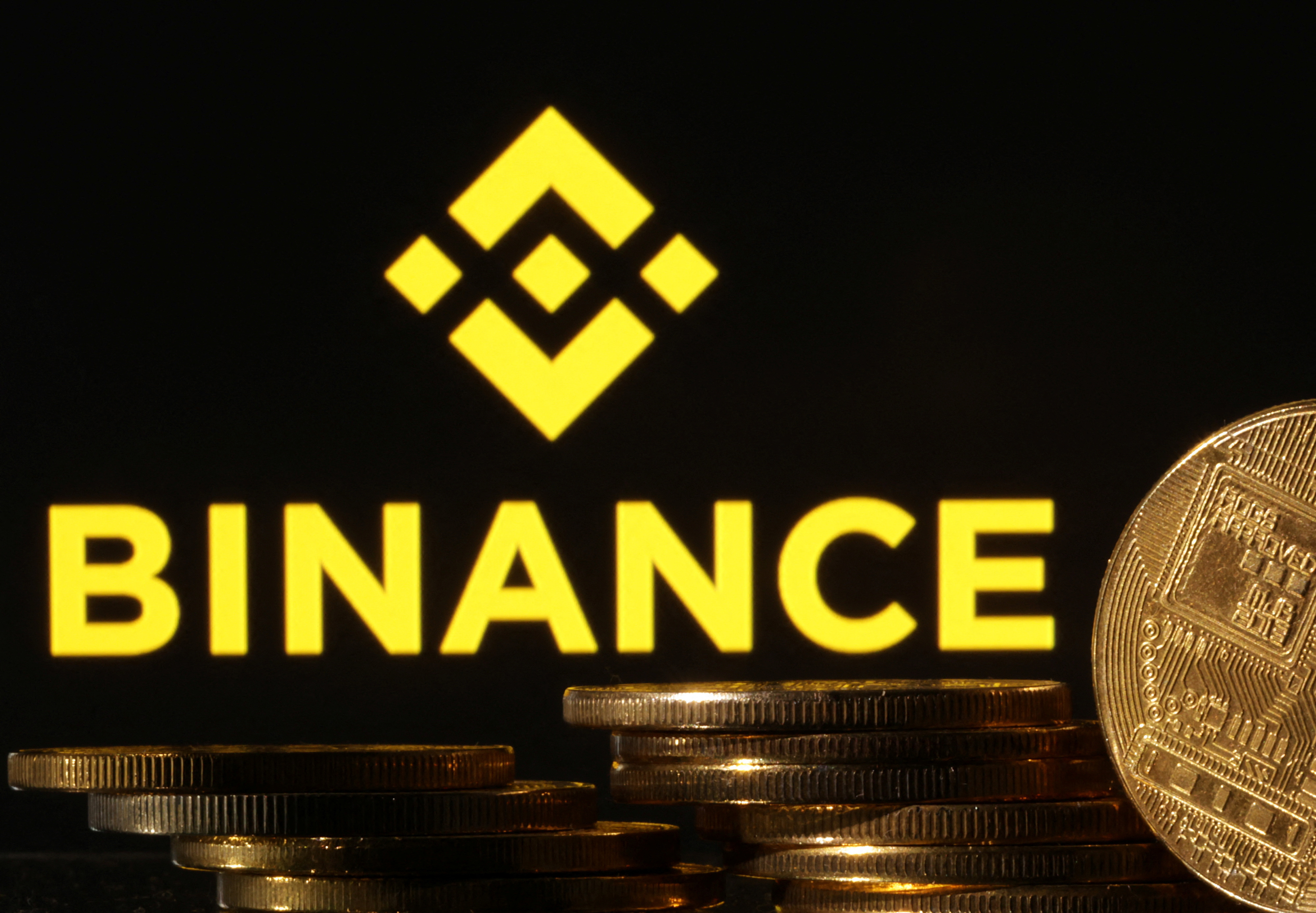The Nigerian National Petroleum Company Limited has issued a fresh circular to oil marketers on how much they will pay to get petroleum products.
This came about two weeks after the Federal Government announced the removal of fuel subsidy.
NNPCL Retail, in a circular released on Sunday, and obtained by The PUNCH, directed marketers to consider merging their old orders which carry the old fuel price in order to buy a truck of 45 million litres of petrol.
Marketers, according to The Punch, had before the deregulation ordered one truck of petrol for about N7.7m.
However, the new circular by the company advised marketers who had probably ordered three trucks at N7.5m (N171/litre old price), to merge their orders or ask for a refund.
“Following the full deregulation of PMS, NNPC Retail has made the following options available to help customers manage the impact of the additional cash flow requirement: Marketers now have the option of consolidating pre-paid self-owned tickets for fresh tickets in line with the revised price. Interested marketers can engage their respective NRL Depot Representative for guidance on how to initiate this option.
“Also, there is an option for cash refund. Marketers who are interested in initiating this option should send in official request addressed to the MD NNPC Retail. The request should include evidence of payment and order details (RRR number, Sales quotation number and Meter ticket number). Upon receipt of official request together with the above supporting documents, your refund request will be made processed,” the memo from NNPCL Retail read in part.
Oil marketers on Monday confirmed the development to The PUNCH.
The Operations Controller, Independent Petroleum Marketers Association of Nigeria, Mike Osatuyi, confirmed the development. He however said it might be difficult for some marketers to raise such huge funds required to place an order for petroleum products.
“Where do you want us to get such money from?” Osatuy asked.
“The price difference is huge and most can’t afford it. So what we will start seeing is that instead of ordering for one truck, marketers can now go for maybe a quarter or half truck just like it’s being done for diesel,” he said.
“Since NNPC said we consume 66 million litres daily, we are sure that it would drop to as low as 30 million litres soon,” Osatuyi said, corroborating what a former Chairman of the Major Oil Marketers Association of Nigeria, and Chief Executive Officer, 11 Plc, Tunji Oyebanji, had told The PUNCH last week.
According to Oyebanji, ending fuel subsidies will stop smuggling and bring to bear Nigeria’s true daily petrol consumption.
Oyebanji also said an increase in fuel price by the NNPCL would see smaller downstream companies folding up, and being acquired by bigger companies
“Removing petrol subsidies is one of the best decisions Nigeria would ever make because smuggling would stop. This is the time we will know the real petrol consumption of Nigeria, likewise, many smaller stations will fold up and would get acquired by bigger ones” Oyabanji said.
The Punch

 News6 years ago
News6 years ago
 Featured6 years ago
Featured6 years ago
 Boss Picks6 years ago
Boss Picks6 years ago
 Headline6 years ago
Headline6 years ago
 Headline6 years ago
Headline6 years ago
 Headline5 years ago
Headline5 years ago
 Headline6 years ago
Headline6 years ago
 Headline6 years ago
Headline6 years ago












